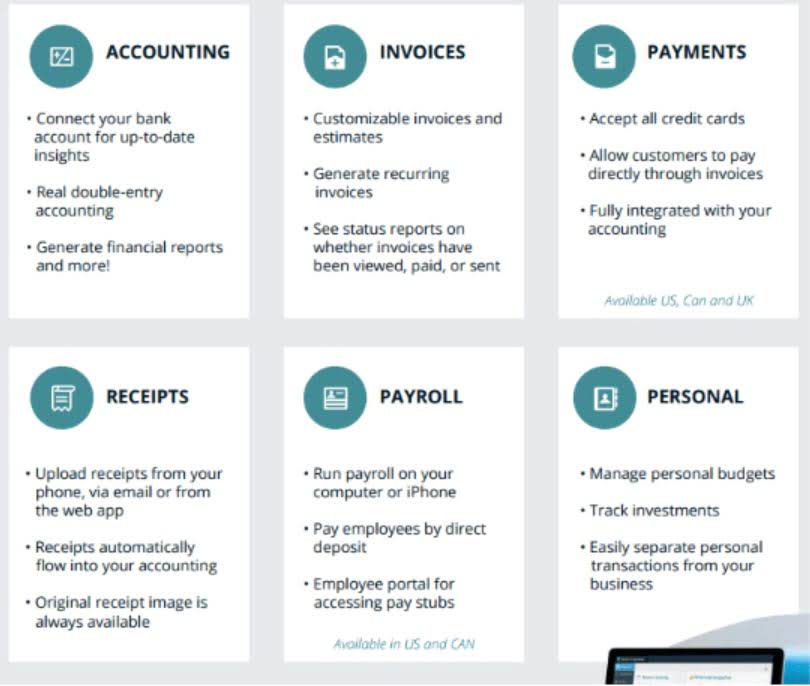
Bookkeepers must stay informed about current tax regulations that affect their business practices. Their understanding of what is a bookkeeper these regulations ensures that the company adheres to all financial responsibilities. In the domain of bookkeeping, efficient management of interactions with customers and suppliers is critical. These interactions directly tie into the financial well-being of the organization, impacting both the customer and suppliers ledgers. Attention to detail and consistent accuracy in financial tasks are heightened with advanced education, often contributing to a bookkeeper’s professional credibility. Bookkeepers must commit to continual learning to keep pace with changes in accounting standards and technology.
What is Bookkeeping?
Before joining the team, she was a Content Producer at Fit Small Business where she served as an editor and strategist covering small business marketing content. She is a former Google Tech Entrepreneur and she holds an MSc in International Marketing from Edinburgh Napier University. For example, note which software you want a candidate to be familiar with–including general programs that your office uses. Everything you need to know about switching from DIY to done-for-you bookkeeping. You don’t need any special training to be a bookkeeper—you don’t even need a bachelor’s degree. Laura is a freelance writer specializing in small business, ecommerce and lifestyle content.

Accounting and Bookkeeping Systems

After all, bookkeepers will help you survive an audit by making sure your financial records are in order and your deductions are legal. Plus, anyone who has tried to manage the income and expenses of their own business knows that bookkeepers deserve some serious respect. When an effective bookkeeping system is in place, businesses have the knowledge and information that allows them to make the best financial decisions. Tasks, such as establishing a budget, planning for the next fiscal year and preparing for tax time, are easier when financial records are accurate. A bookkeeper provides a critical role in the data collection and data input of a business’ accounting cycle. When there is a proper system in place that avoids problems such as skimming contra asset account fraud, the recorded financial data can provide valuable, actionable insight.
Types of bookkeeping
Bookkeeping is the process of keeping track of a business’s financial transactions. These services include recording what money comes into and flows out of a business, such as payments from customers and payments made to vendors. While bookkeepers used to keep track of this information in physical books, much of the process is now done on digital software. The daily duties of a bookkeeper revolve around keeping financial records organized and up to date.
- Accurate financial reporting is critical for any business, as it provides a clear picture of the company’s financial health.
- Every transaction, whether it is cash or credit, needs to be recorded accurately.
- There’s always a demand for experienced, efficient bookkeepers in nearly every industry.
- For the past 52 years, Harold Averkamp (CPA, MBA) has worked as an accounting supervisor, manager, consultant, university instructor, and innovator in teaching accounting online.
- Their work enables accurate tracking of income and expenditures, which is essential for internal financial management and external reporting.
- It involves recording transactions and storing financial documentation to manage the overall financial health of an organization.
Listen to: What Does a Bookkeeper Do? Role, Key Duties, and Responsibilities

This level of detail provides businesses with the assurance needed for financial decision-making and aids in identifying any discrepancies that could lead to financial loss. Moreover, bookkeepers play a crucial role in compliance, adhering to tax laws and regulations, and preparing the necessary documents for tax filings, thus keeping the business in good legal standing. A bookkeeper is a professional who records a business’s financial transactions, such as sales, purchases, payments, and receipts. By categorizing these transactions, they maintain accurate financial records, helping businesses comply with regulations and make strategic decisions.
What key tasks are generally expected from a bookkeeper in a small business setting?
Typically, single entry bookkeeping is suitable for keeping track of cash, taxable income, Grocery Store Accounting and tax deductible expenses. When discrepancies arise between bank statements and bookkeeping records, bookkeepers investigate and resolve them, maintaining financial accuracy. If you find that you have a talent for and enjoy the process, you may consider starting your own bookkeeping business providing this service to others. There’s always a demand for experienced, efficient bookkeepers in nearly every industry.


Deja Un Comentario